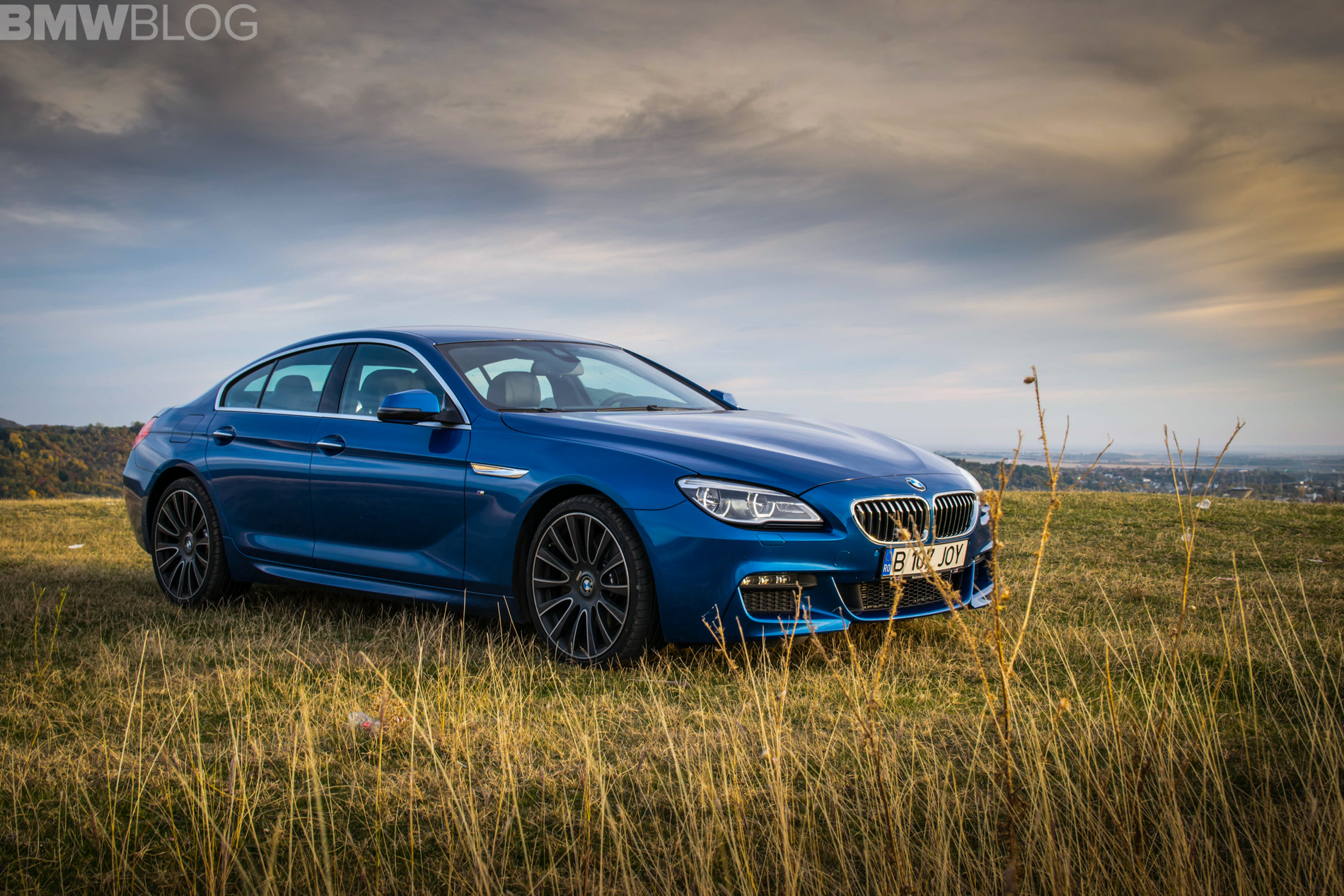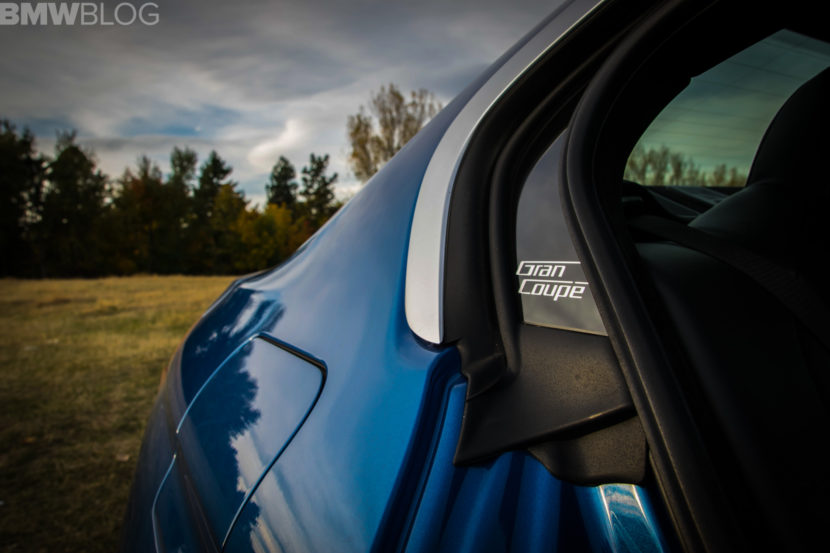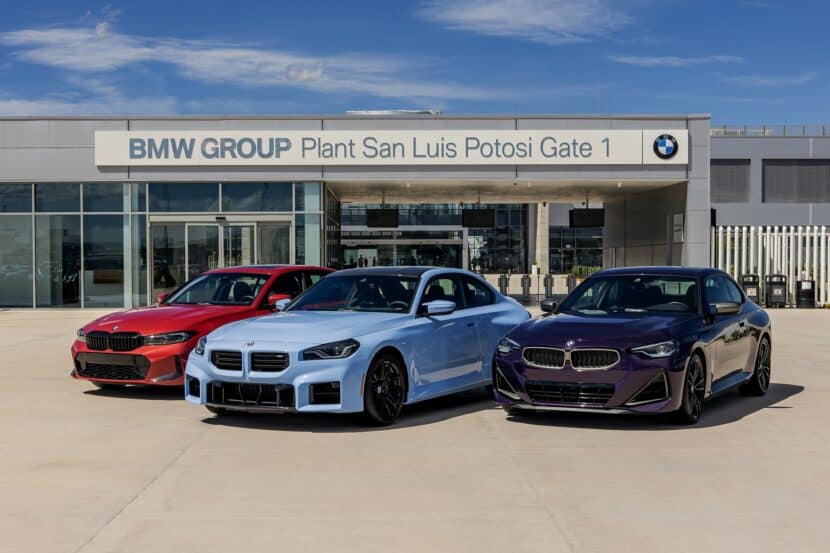The BMW line-up is indeed offering more variety than ever and that could lead to some confusion among petrol heads and BMW aficionados alike. That’s not happening though, as BMW claims, their research showing that customers are actually quite on par with the line-up, knowing the differences pretty well. Sure, at times, it can get a bit confusing, according to BMW Product and Strategy planner Ralph Mahler, but overall, the experience a customer has in a showroom is still good.
Speaking to AutoGuide, Mahler said that their dealers claim “the feedback we get is it’s not confusing” and that’s great news for the brand. However, according to the same BMW exec, the difference between the cars shouldn’t be just in the name but in the way they feel on the road. The reason why BMW is offering so many alternatives, from Gran Coupe to Gran Turismo versions and so on, is to make sure they cater to every taste.
“Of course, what we are trying to do is always to differentiate as much as possible and really tailor it to our customer needs,” said Mahler, adding that, for instance, the Gran Coupe models “are more driving and handling oriented,” something customers should notice when they take a test drive. Whether that happens in real life or not depends on a number of factors, but BMW will continue to offer a wider variety of cars, as long as they can sell them globally.
That also makes sense business wise. In the US, BMW is still a niche seller compared to other manufacturers. Therefore, some of its cars are developed for other countries exclusively, while some are best sellers in the US. For example, there’s no business case for the 1 Series hatch in the US or for the 3 Series wagon, which is why they are not on sale on this side of the Atlantic at the moment. At the same time, there’s also no business case for a body-on-frame truck in the rest of the world, even though in the US it would be a welcome addition, as Mahler points out.
[Source: AutoGuide]






































































